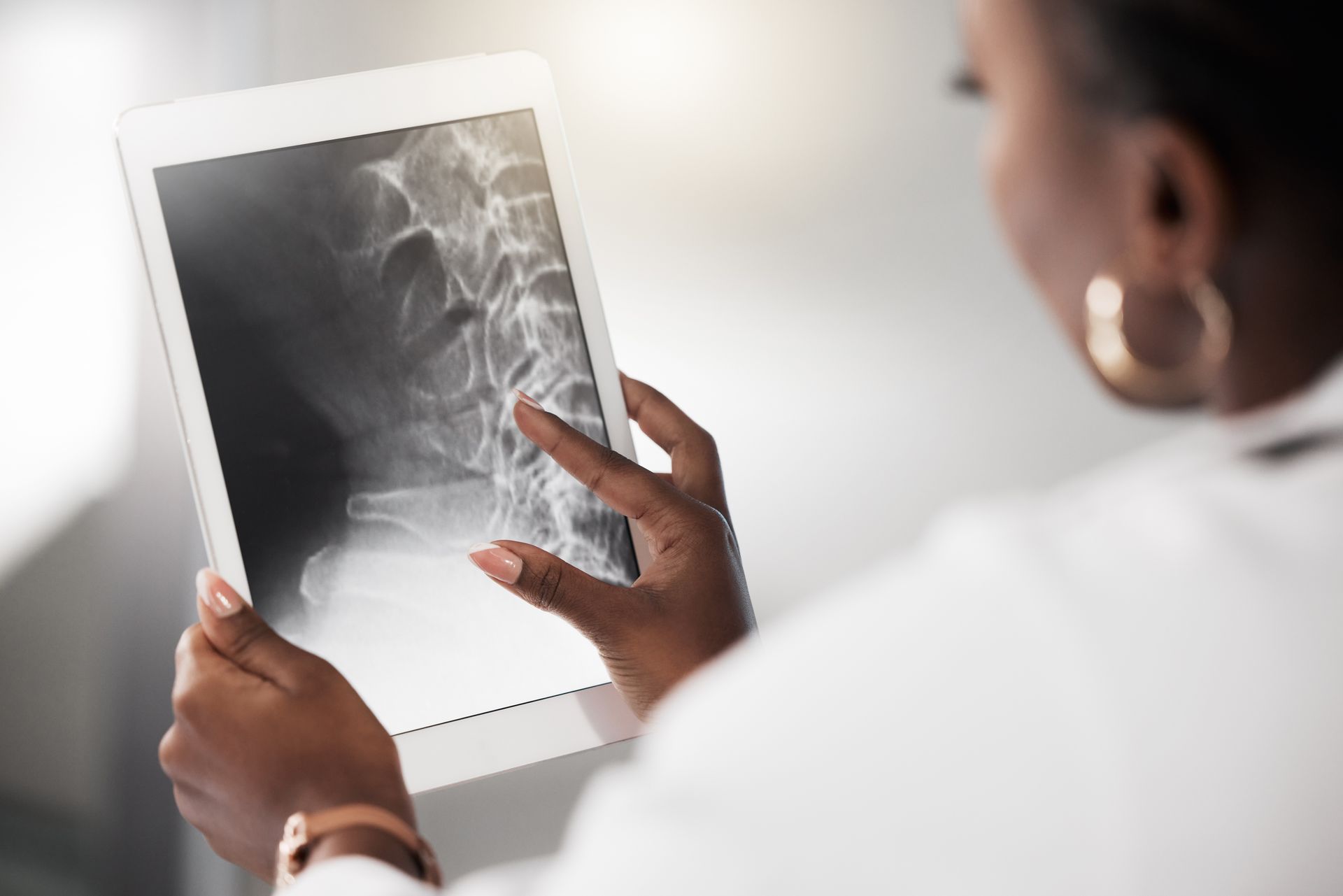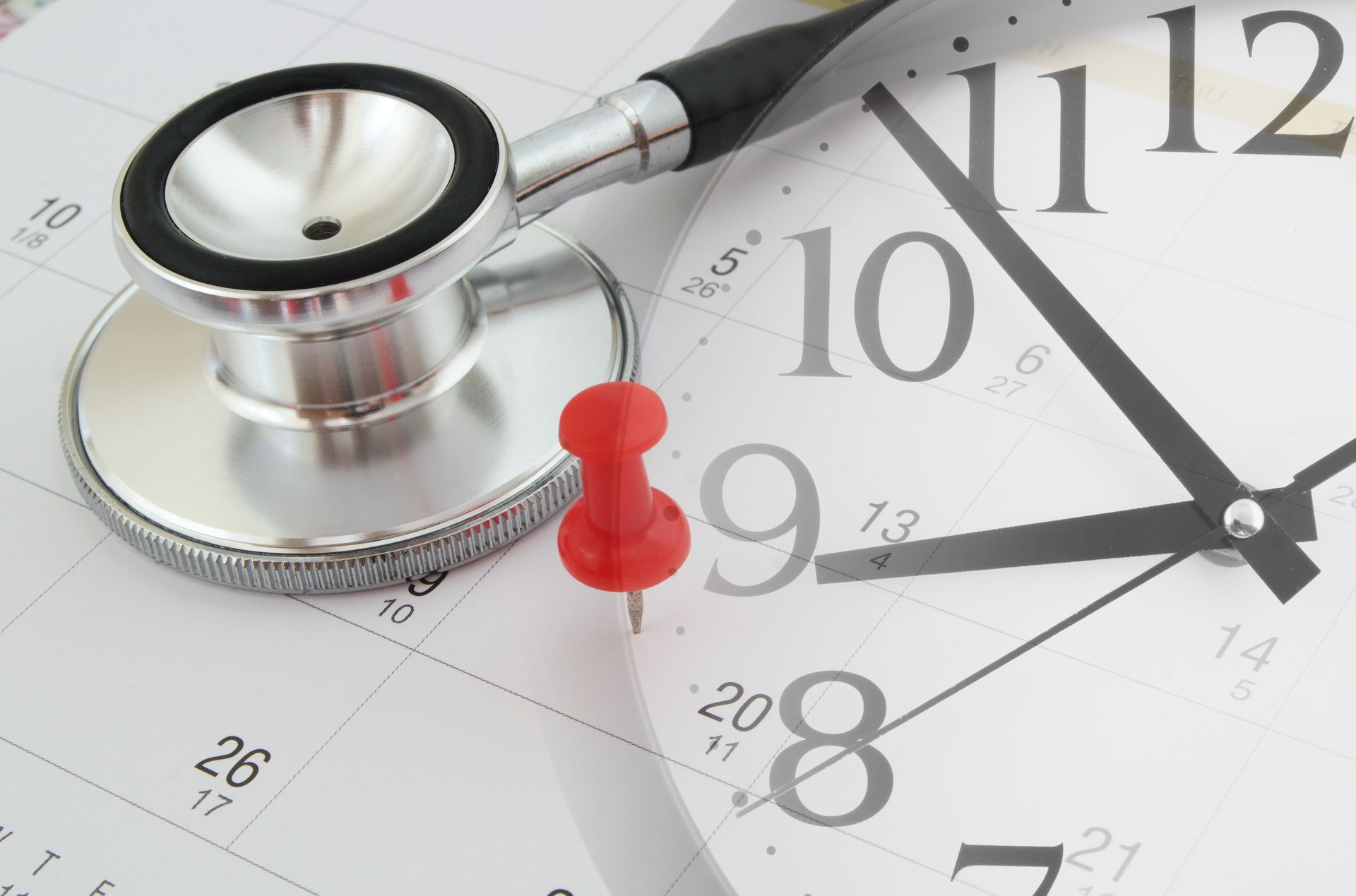The Role of Medical Records in Personal Injury Cases
Why Medical Records Matter in Personal Injury Claims
If you've been injured in an accident, you may already know that seeking medical treatment is a top priority. However, keeping accurate and thorough medical records is equally important. These documents can significantly impact your personal injury case, influencing the outcome of your claim and the compensation you may receive.
How Medical Records Support Your Claim
Medical records are more than just paperwork — they are evidence. They provide a detailed account of your injuries, treatments, and the impact of the accident on your life. Here's why they matter:
The Role of Medical Experts in
Personal Injury Cases
In some cases, medical experts may need to testify to explain complex medical conditions or the long-term effects of your injuries. They can help strengthen your case by interpreting medical records and validating your claims.

What Happens if You Don't Have Proper Medical Records?
Without comprehensive medical records, you may face several challenges:
Difficulty proving the severity of your injuries
Reduced settlement offers from insurance companies
Challenges in showing the long-term impact of your injuries
Possible denial of your claim due to lack of evidence
Your Medical Records Are Your Best Evidence
Accurate, thorough medical records can make or break a personal injury case. They provide a clear and credible account of your injuries, helping you receive fair compensation for your losses.
If you've been injured in an accident,
contact us today to learn more about protecting your rights and gathering the necessary documentation for your claim.





